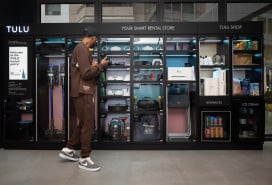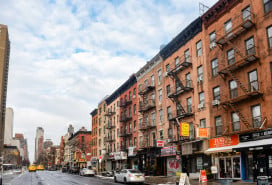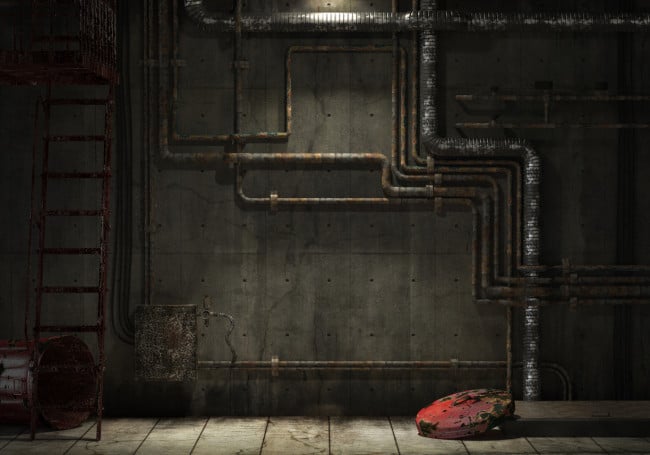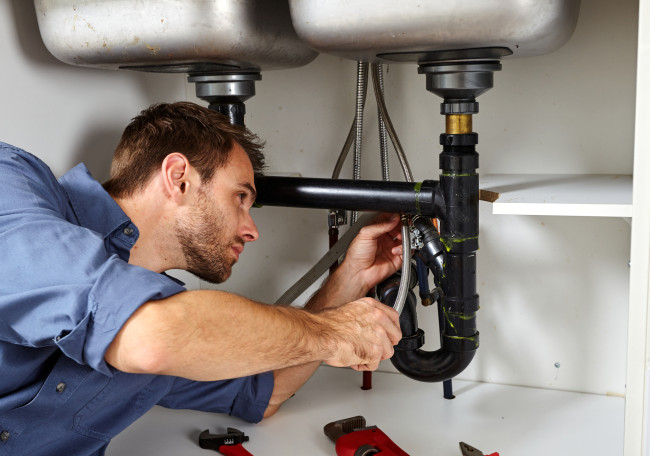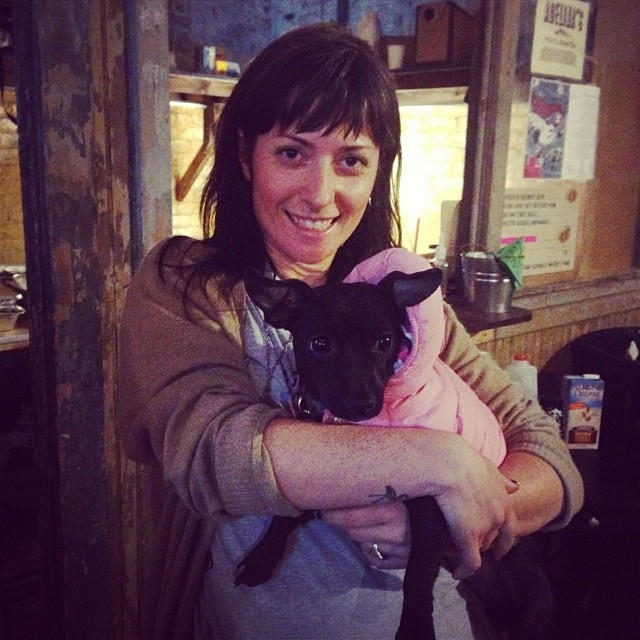How do you make an illegally installed gas line in your NYC co-op legal and safe?
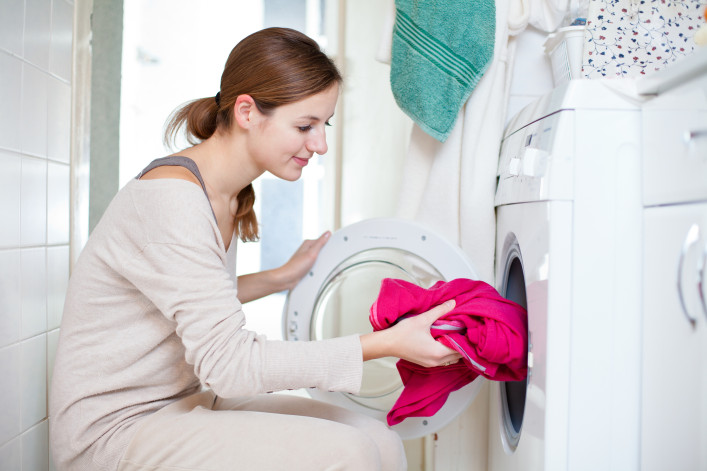
Safety first: An illegal gas line must meet DOB approval before you can set up your laundry room.
iStock
What if you bought a New York City co-op with a hook-up for a washer-dryer and found out the gas line was illegally installed? That's the renovation headache faced by one frustrated reader on the Upper East Side, who writes that a plumber hired to install a washer/dryer in his new co-op saw an unexpected gas pipe—and "recoiled."
As it turns out, neither the plumber nor the building manager could find any record of the gas line filed with the Department of Buildings or Con Edison, the co-op owner writes. The building manager was also unable to trace the installation of the gas line, which dates back to at least 2009, when the bathroom where the washer/dryer closet is annexed was last renovated.
So how do you legalize a potentially unsafe gas line that has been in place for a decade? Brick Underground is on the case.
Editor's Note: Brick Underground's NYC Renovation Qs tackle your real-life, New York City renovation queries. Have a question for our renovation experts? Drop us an email. We respect all requests for anonymity.
Getting the line up to code
Here’s the long and short of it: The only way to make use of an existing illegal gas line is to have it approved by the city's Department of Buildings—just as if you were installing a brand new gas line in your apartment.
“We have no way of knowing who put the gas line in, whether they did the work properly, nor whether the situation could lead to a serious gas leak,” explains Abigail K. Kunitz, deputy press secretary for the DOB.
In contrast, Kunitz says, the Limited Alteration Application—something the co-op owner was hoping to employ—is reserved for only minor repairs or alterations, such as when you are redoing a bathroom and need to shift an existing (and legal) gas line a few inches to accommodate a larger vanity. A master plumber can file for this without an architect or engineer.
Why all the bother? Your (and your neighbors) very safety, for starters. Even before the 2014 code revisions, installation of a gas line involved a certain amount of red tape, however the DOB’s enforcement has only intensified since catastrophic explosions in Harlem and the Lower East Side in recent years. That's why the DOB encourages all prospective owners to do their due diligence before buying an apartment so you don’t end up having to legalize these kinds of un-permitted additions later, and at your own expense.
Know this: If the gas line had been discovered during the pre-sale inspection, the former owners would be the ones to bear the burden of legalization.
"All the information you need is online and available to the public, or if you suspect something is amiss you should call 311,” says Kunitz. You can also find information on licensed plumbers and registered contractors and design professionals here.
Understanding the process
There's no getting around hiring a registered architect or professional engineer to draw up the necessary plans and file them with the DOB. It's a critical first step.
Agustin Ayuso, a registered architect at Bolster (FYI, a Brick Underground sponsor), recommends the co-op owner discontinue the use of the illegal hook-up right away and have the building manager cap off the gas line—in case there are any leaks, which would be extremely dangerous.
Then he would evaluate the existing setup to either make sure it is up to code or to discern what’s needed to get it there.
“Even if the gas line appears functional, there is a complete host of issues that could require a total do-over or to retrofit the line to make it code compliant,” he says. Examples include a gas line that doesn’t have its own set of valves, or that needs to be relocated for improved ventilation. "There are so many variables at play."
Ventilation concerns include making sure the exterior duct is a certain distance away from a window or other intake, "so you don't breathe in the exhaust fumes." And when gas appliances will be housed in a closet (as in the co-op owner's situation), they must typically be connected to the building's mechanical system to be approved by the DOB. (The closet would also need a sprinkler head in buildings where a full sprinkler system is required, adds Kunitz; the same goes for an electric dryer.)
Once the plans have been submitted, the DOB will generally review them in full before issuing the work permit, though it does allow for "professional certification" whereby the architect or engineer effectively states the plans have met all the requirements. "This certainly accelerates the process, however these types of permits are put in a lottery and subject to being audited by the DOB," says Ayuso, who finds them not worth the risk, especially as the work will already have been completed by then. “Besides, the DOB has gotten much faster at turning around fully reviewed permits in as little as two weeks.”
At that point it's up to a master plumber to obtain the permit and do the appropriate work—and steer the project through the requisite steps to final approval. Consider this person your ally.
“Because this process requires two visits from the DOB and two visits from Con Ed, each one involving the work passing inspection, you could be talking months from start to finish,” says Philip Kraus, president of Fred Smith Plumbing & Heating. “The plumber has to be there at every meeting, so trying to coordinate around everyone’s schedule can be difficult at best. Plus you’ll be paying for our time.” There's also no guarantee the work will pass muster, though the odds are in your favor if you have an experienced team of professionals who are well-versed in building-department code.
Going with an electric washer/dryer
Given the time, energy, and costs involved—not to mention the uncertainty of the outcome—both Ayuso and Kraus recommend looking into running an electric washer/dryer off a normal wall outlet instead of using the illegal gas line (and having the gas line removed, at the building management's expense).
All that’s needed is for a plumber to file a Limited Alteration Application for any new plumbing fixture for the washer and a vent for the dryer. (Some electric dryers do not even require ventilation.) The electrician will need to get a permit for the dryer's higher voltage too.
On the other hand, if you are willing to wait for the existing gas line and vent to pass muster, you’ll wind up with a more eco-friendly, energy-efficient gas appliance—the dryer alone can save you 30 percent on average. It helps to know you have a choice.
You Might Also Like




